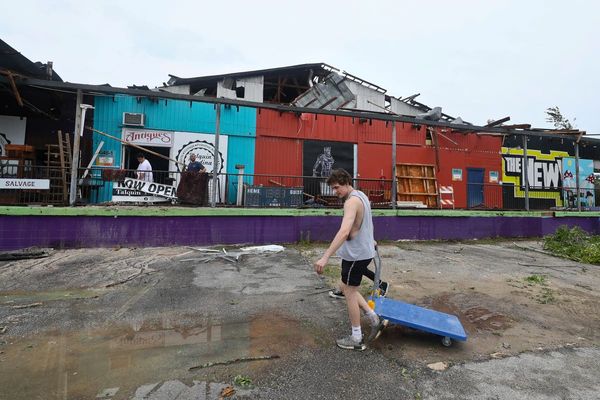The Union Health Ministry has issued standardised guidelines for confirming heatstroke and heat-related deaths in the country. Prepared by the National Programme on Climate Change and Human Health (NPCCHH) and National Centre for Disease Control (NCDC), the set of guidelines is aimed at helping hospitals become aware of the criteria to label a death as heat-related/ heat stroke and bring in evidence-based medical decision-making processes.
“The decision to conduct an autopsy should be based on the circumstances of the death, the age of the deceased, and the available resources. The collection of blood, urine, etc., for toxicological examination is highly desirable if the condition of the body allows it. When these specimens are collected and preserved, toxicological analyses can be performed as resources become available,” said the guidelines.
Factoring in climate change
The note further states that climate change is raising risks to human health by increasing exposure and vulnerability to extreme heat events like heat waves, humid heat, heat domes.
“In 2013–22, compared with 1991–2000, the estimated average annual heat-related mortality increased by 85%, driven by both warming and changing demographics, globally. If global mean temperature continues to increase toward 2°C of pre-industrial levels, annual heat-related deaths are projected to increase by 370% by mid-century, assuming no substantial progress on adaptation,” said the guidelines adding that strengthening our understanding and surveillance of heat-health is crucial in view of this emerging condition, which remained largely limited to occupational settings earlier.
Also read: On India’s ‘heat action plans’ | Explained
The guidelines emphasise that the post-mortem diagnosis of heat-related deaths poses many challenges including that pre-terminal or terminal body temperatures are frequently unavailable, the autopsy findings are non-specific and depend upon the duration of survival after exposure, diagnosis of hyperthermia is mostly dependent on the scene investigation, the circumstances of death, and the reasonable exclusion of alternative causes of death and that autopsy is not mandatory in heat-related deaths.
The guidelines have recommended that autopsy findings are non-specific, and autopsy is not mandatory in all cases of heat-related illnesses and hospitals with the forensic medicine departments may be collaborated to perform the autopsies and send the relevant samples to pathology departments for histopathological evaluation.







